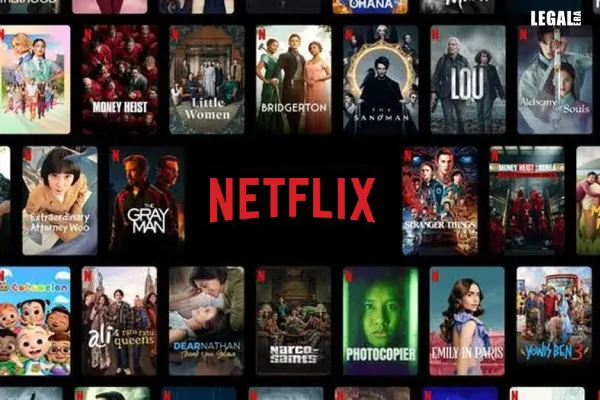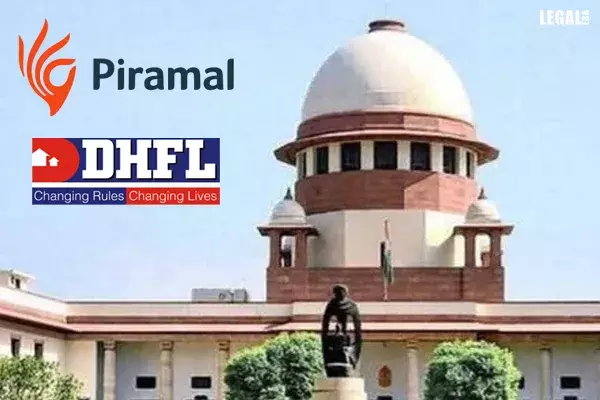Delhi High Court Blocks Rogue Websites For Streaming Copyrighted Content Of Warner Bros, Netflix, Disney & Others
The Delhi High Court has recently granted a dynamic+ injunction to protect the copyrighted works of global entertainment;

Delhi High Court Blocks Rogue Websites For Streaming Copyrighted Content Of Warner Bros, Netflix, Disney & Others
The Delhi High Court has recently granted a dynamic+ injunction to protect the copyrighted works of global entertainment giants such as Warner Bros., Netflix, Disney, and others. The order, issued by Justice Saurabh Banerjee, came in response to a suit filed by these companies against 45 rogue websites accused of illegally hosting and streaming copyrighted movies and shows without authorization.
The plaintiffs in the case include Warner Bros. Entertainment Inc., Columbia Pictures Industries, Inc., Disney Enterprises, Inc., Netflix US, LLC, SBS Co. Ltd., SLL Joongagng Co. Ltd., and CJ ENM Co. Ltd. They alleged that the infringing websites were distributing their content without obtaining any license or permission from the respective entertainment companies.
Justice Banerjee observed that this case highlights the growing issue of "hydra-headed" websites that illegally stream copyrighted content, describing the defendants' activities as blatant violations of intellectual property rights. He noted that while technology can be a "boon," when misused, it can quickly become a "bane."
The court emphasized that the proliferation of rogue websites, operating with ulterior motives and engaging in unauthorized activities, must not be allowed to continue. As a result, an ex parte ad interim injunction was granted, preventing the 45 websites from streaming or hosting the plaintiffs' copyrighted works. The court further ordered that internet service providers block access to the infringing websites.
In a pointed statement, Justice Banerjee likened the situation to a "sapling with very few branches" that could grow into a large tree with deep roots if not stopped immediately. He stressed the need for defendants, and others like them, to adhere to court orders both now and in the future, respecting the law in "letter and spirit."



